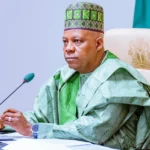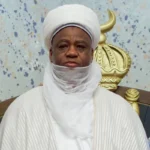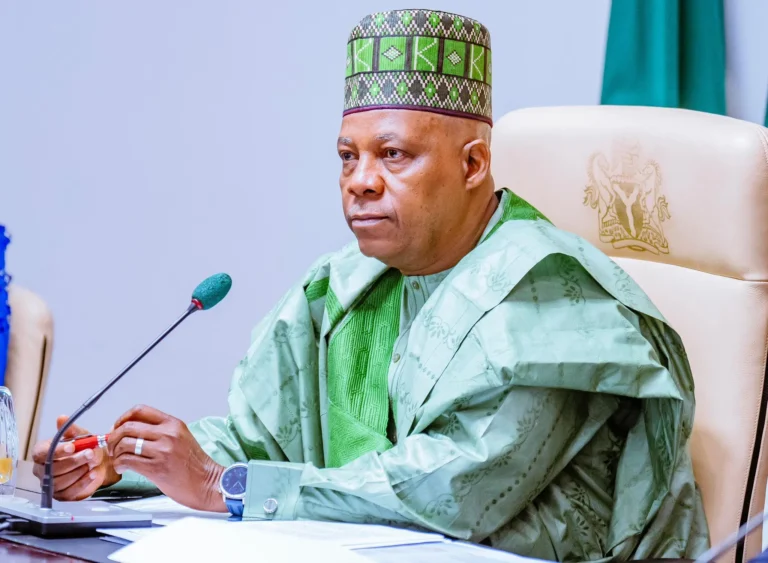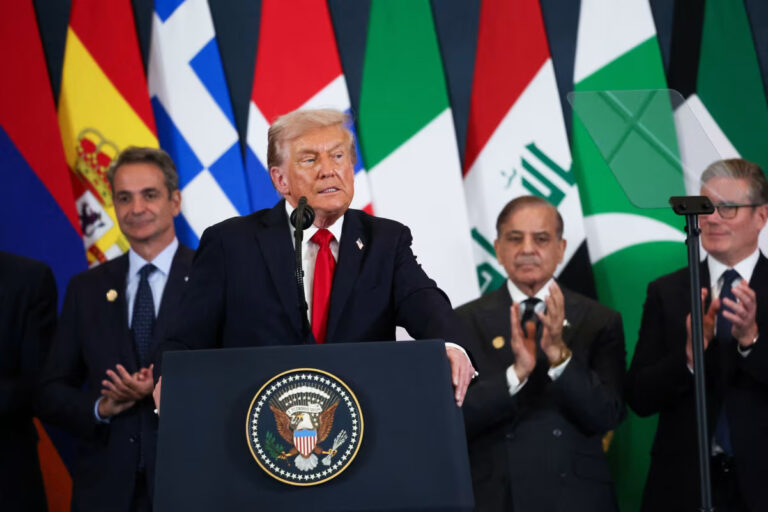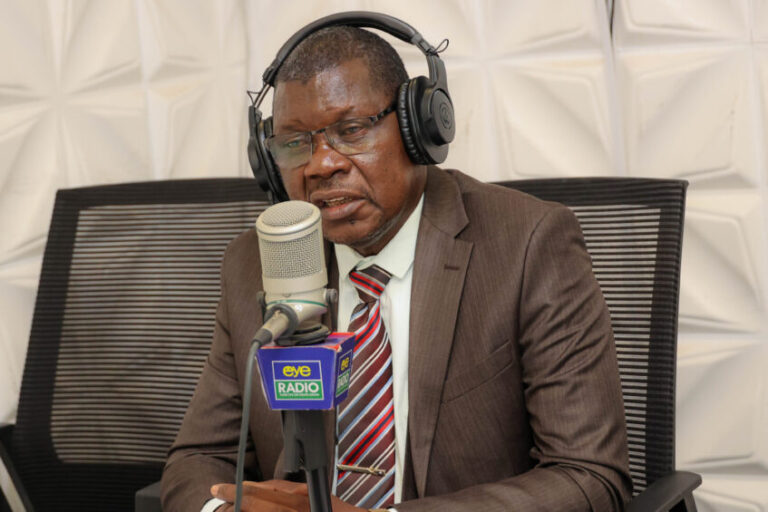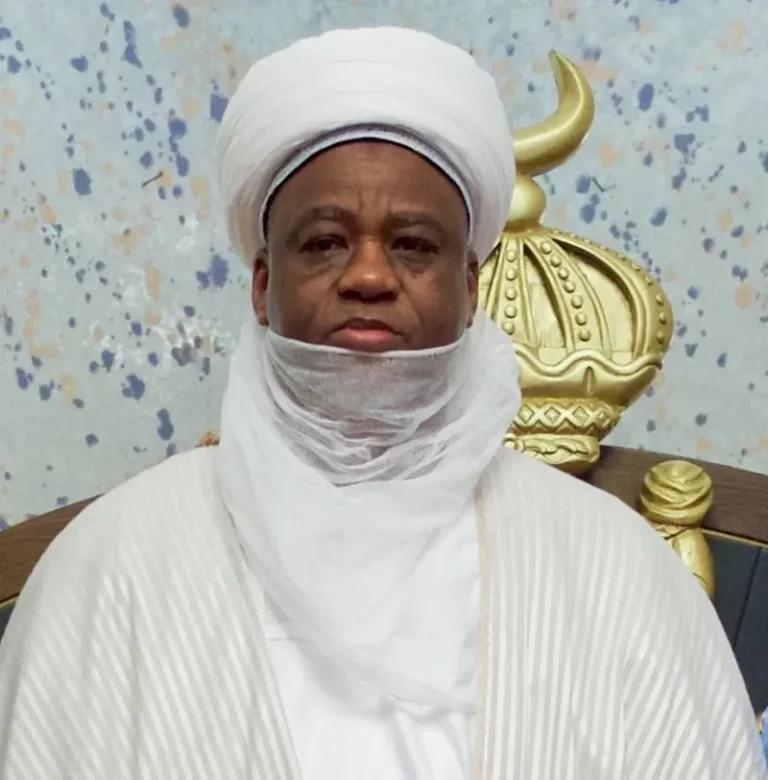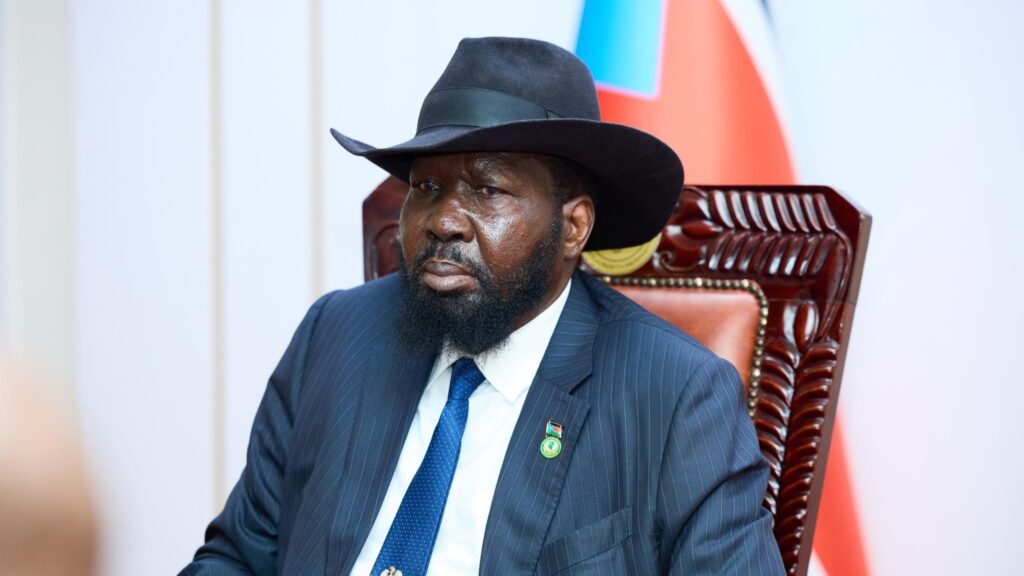
JUBA – The National Initiative for Support of the Ultimate Solution on the Status of Abyei has welcomed President Salva Kiir Mayardit’s decision to reconstitute the High-Level Committee on Abyei, describing it as a long-overdue move toward resolving one of the most contentious post-independence issues between Sudan and South Sudan.
A Republican Decree announced on SSBC Friday night confirmed that the committee will be chaired by Vice President and Chair of the Economic Cluster, Dr Benjamin Bol Mel, with Gen. Pieng Deng Kuol, Minister of East African Affairs, as deputy. Other members include senior officials from key government ministries and national institutions.
In a statement issued Saturday in Juba, the National Initiative commended President Kiir’s action, calling it “a decisive step in addressing the long-standing question of Abyei’s final status.” The group urged the committee to begin inclusive consultations involving both governments, traditional leaders, and community representatives to pave the way for a peaceful and conclusive resolution.
The Initiative also called on the committee to give due consideration to the 2013 Dinka Ngok community referendum—where residents overwhelmingly voted to join South Sudan—or to adopt an administrative solution that recognizes Abyei’s historical ties to the South prior to its transfer to Kordofan in 1905. It emphasized that any credible process must prioritize the aspirations of the Abyei people while ensuring peace and stability in the border region.
“Our mission has been to unify civil society opinion and rally national leaders around a just and fair solution,” the statement read. “The people of Abyei deserve clarity, peace, and recognition of their will.”
The group reaffirmed its commitment to working with the national leadership to promote dialogue, reconciliation, and trust-building between communities in South Sudan and Sudan.
Civil society activist Edmund Yakani, Executive Director of the Community Empowerment for Progress Organization (CEPO), also applauded the move, describing it as “long-awaited and commendable.”
“This is a positive step forward,” Yakani said. “The people of Abyei have already expressed their will through the 2013 referendum. The new committee should respect that choice and avoid any actions that could reignite tensions or undermine the people’s aspirations.”
He further urged the committee to ensure its deliberations are transparent, inclusive, and guided by principles of justice and self-determination.
The Abyei region, lying along the Sudan–South Sudan border, remains a hotspot of tension due to its strategic location and rich oil reserves. Although the African Union proposed a roadmap for a joint referendum after South Sudan’s independence in 2011, the process stalled over disagreements on voter eligibility. In 2013, the Dinka Ngok community unilaterally conducted its own vote—resulting in a near-unanimous decision to join South Sudan—but the outcome was not recognized by Sudan, the African Union, or the United Nations.
President Kiir’s latest decree signals a renewed political commitment from Juba to push forward dialogue and find a lasting solution to one of the region’s most sensitive and enduring border disputes.


